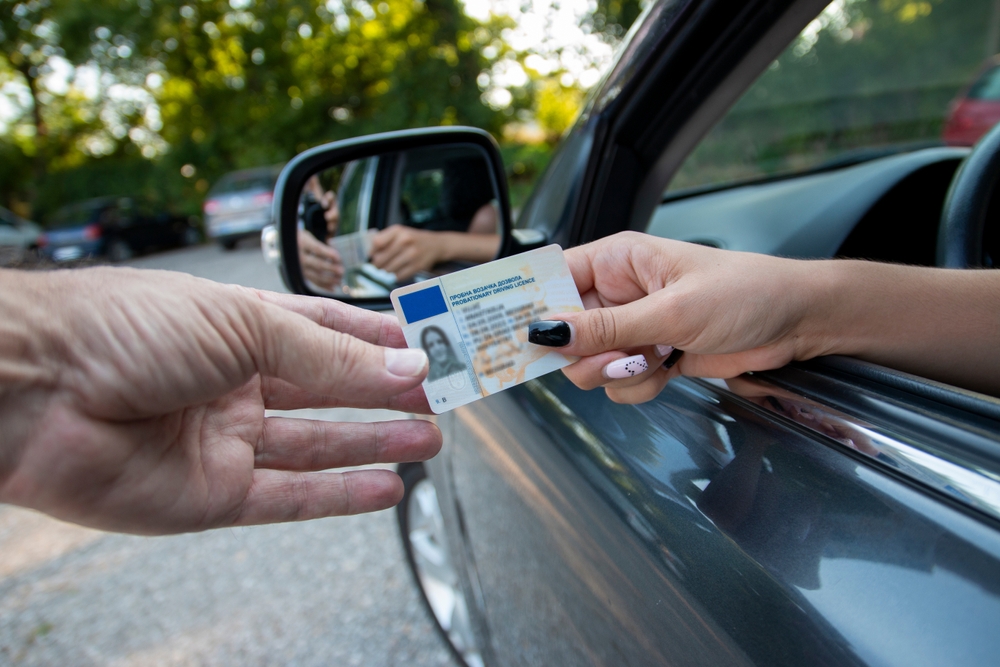Order UK driving license online
If you have a full driving license issued in an Acquire UK driving online without exam EEA country there is no need to change it for a UK license, provided it remains valid.
International students from outside the EEA
During the first year of your stay in the UK you can drive with a valid driving license from your own country or an International Driving Permit but after one year you must take out a Provisional UK License and put ‘L’ plates on your car. You must then arrange to sit a full UK Driving Test. Acquire UK driving online without exam Until you pass your test, a person who has held a full UK, NI or EEA driving License for 3 years and is over the age of 21 must sit at your side whenever you are driving and you cannot drive on a motorway (M1, M2, M3, M4 etc.).
Further information is available in the guidance sheet at the top of this page.
Car Hire in the UK
To hire a car in the UK you must hold a full Driver’s license or an International Driving License, and have been driving for at least twelve months. You will need to show your current license to the hire company, or if you have a UK driving license obtain a car hire code from the DVLA. must have, or arrange as part of the hire process, valid insurance for the period you will be driving the car. You should check the requirements for insurance with the car hire provider.
There are many car hire providers in the UK, with several local companys in Cardiff, Newport and Pontypridd. You should contact different companies to find out which one will give you the best deal for your intended trip. You can also check the Yellow Pages Directory for a list of local hire car providers.
Registering a car in the UK
If a car which has been registered abroad (including other EU countries) is used for more than six months in the UK, it should be registered at the DVLA. Check with them for up-to-date legislation . You will probably be asked to send:
- The car logbook
- UK insurance certificate
- MOT certificate (if car more than 3 years old)
- Completed VAT form 414 (the DVLA Office can supply this) if you come from within the EU
- Customs Form (the DVLA can supply this) if you come from outside the EU
Insurance cover for your car
You must have personal insurance to drive a car in the UK. There are three types of insurance cover available in the UK, comprehensive, Third Party, Fire & Theft or just Third Party. The compulsory Third Party insurance does not cover loss or damage to your own car caused by unknown or uninsured persons. Comprehensive insurance does, but it can be very expensive.
Taxing a car in the UK
All cars need a road tax license before you can drive in the UK. From October 2014 Road Tax discs do not need to be displayed in a car windscreen. Road Tax can now be purchased either online or from your local Post Office. The cost differs according to your car and is valid for 6 or for 12 months. Please see the downloadable guide at the top of this page for further information.
If you are a European student who has brought your car with you to the UK, providing that you are in the UK purely to study, you will not have to tax your car. There is a European Court of Justice directive of 28 March 1983 Article 5 1b which confirms this.
MOT (Ministry of Transport test)
All cars over three years old must be tested annually for roadworthiness (the test is known as the MOT and can be carried out by most garages).
Parking permits
If you have a car which you park on the road outside your house, you may need a resident’s parking permit to do so. You can find out if you need a permit for your street on the local council website for Treforest, Cardiff or Newport.
Further information about applying for parking permits in each local authority is available on UniLife.
The Highway Code sets out the rules for driving in the UK. If you take a driving test in the UK you will be asked questions about these rules. If you have an international driving license you should review this code before driving in the UK.


